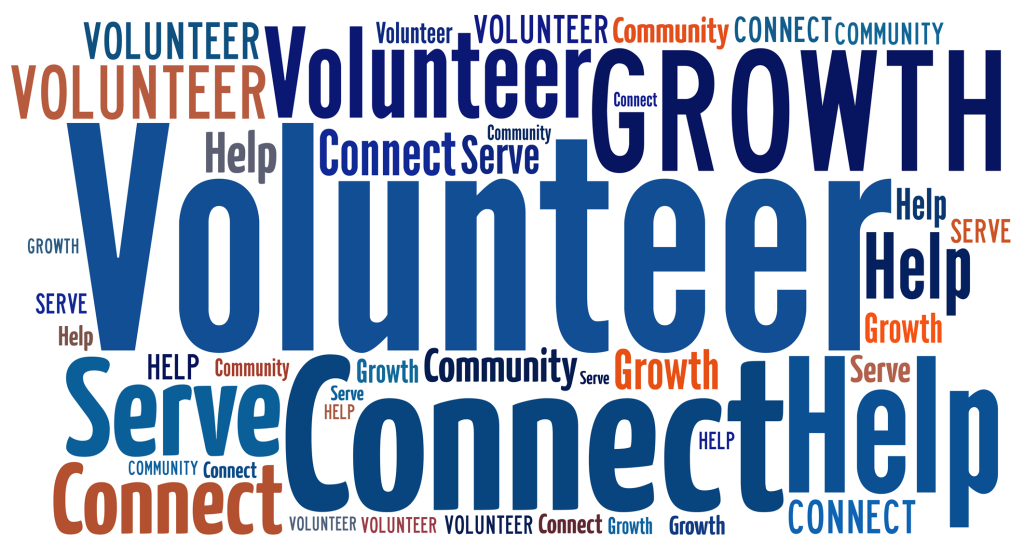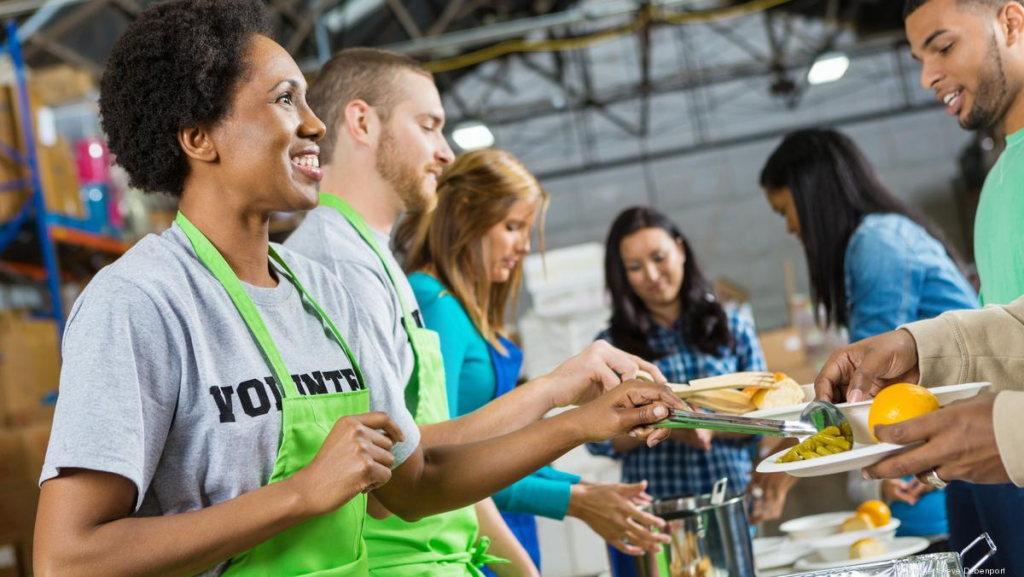Table of Contents
1. Building Social Connections and a Sense of Belonging
One of the most immediate and significant impacts of volunteerism is the creation of social connections. In a world where social isolation and loneliness are increasingly prevalent, volunteering offers an opportunity for people to come together around a shared purpose. Whether it’s organizing a neighborhood clean-up, mentoring youth, or assisting in a food bank, volunteers interact with others who share similar values and goals.
These interactions foster a sense of belonging and community, as people work together toward common objectives. Volunteers often form lasting friendships and networks, which not only enrich their lives but also create a more connected and resilient community. This sense of connection is vital for mental and emotional well-being, and it strengthens the social fabric of the community by promoting trust, cooperation, and mutual support.

2. Addressing Local Needs and Enhancing Services
Volunteerism plays a critical role in addressing local needs that might otherwise go unmet. Many communities face challenges such as poverty, homelessness, food insecurity, and lack of access to education and healthcare. Volunteers help fill these gaps by providing essential services that complement those offered by local governments and non-profit organizations.
For example, volunteers in a community might run after-school programs for children in underserved areas, provide meals for the homeless, or organize health clinics. These services are often delivered with a level of care and personal attention that might not be possible in larger, more impersonal systems. By directly addressing the needs of the community, volunteers help improve the quality of life for its members and ensure that no one is left behind.
3. Empowering Individuals and Promoting Personal Growth
Volunteering is not only beneficial for the community but also for the individuals who participate. Engaging in volunteer work empowers people by giving them a sense of purpose and fulfillment. It allows individuals to use their skills and talents in meaningful ways, often outside of their professional or personal lives.
Moreover, volunteerism promotes personal growth and development. Volunteers often gain new skills, such as leadership, communication, and problem-solving, which can enhance their career prospects and personal lives. For young people, in particular, volunteering can be a formative experience that teaches them about responsibility, empathy, and the importance of civic engagement.
Volunteering also provides an opportunity for individuals to challenge themselves and step out of their comfort zones. Whether it’s speaking in public, organizing events, or working with diverse populations, volunteers often find themselves in situations that require adaptability and resilience. These experiences can build confidence and self-esteem, further empowering individuals to take on new challenges in their personal and professional lives.

4. Strengthening Social Cohesion and Reducing Inequality
Volunteerism plays a crucial role in promoting social cohesion by bringing together people from different backgrounds, cultures, and socioeconomic statuses. When individuals volunteer, they often interact with people they might not otherwise meet, fostering understanding and reducing prejudices. This diversity of experience can lead to more inclusive and harmonious communities where people work together despite their differences.
Furthermore, volunteerism can help reduce social and economic inequality. Many volunteer initiatives focus on supporting marginalized and vulnerable populations, such as low-income families, refugees, or people with disabilities. By providing resources, support, and advocacy, volunteers help level the playing field and create more equitable communities. This, in turn, strengthens the overall social fabric, as communities become more just and supportive for all members.

5. Encouraging Civic Engagement and Responsibility
Volunteerism is closely linked to civic engagement and the concept of active citizenship. When individuals volunteer, they take an active role in shaping their community and addressing its challenges. This sense of responsibility and involvement can lead to greater participation in other forms of civic life, such as voting, attending community meetings, or advocating for policy changes.
Moreover, communities with high levels of volunteerism often experience a stronger sense of collective responsibility and accountability. People are more likely to take care of public spaces, support local businesses, and look out for one another. This culture of engagement and responsibility contributes to the long-term sustainability and resilience of the community.
Conclusion
Volunteerism is a powerful force for strengthening communities. By building social connections, addressing local needs, empowering individuals, promoting social cohesion, and encouraging civic engagement, volunteering contributes to the overall well-being of society. As communities face increasingly complex challenges, the role of volunteers becomes even more critical. By giving their time, skills, and compassion, volunteers not only help others but also create a stronger, more vibrant community for all. In this way, volunteerism is not just an act of charity, but a cornerstone of community building and social progress.


